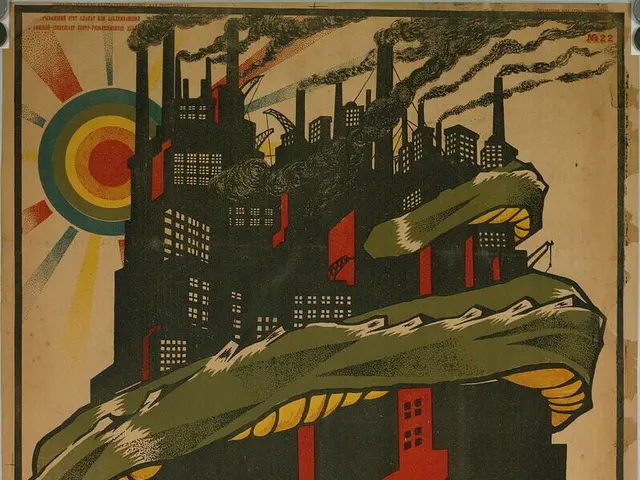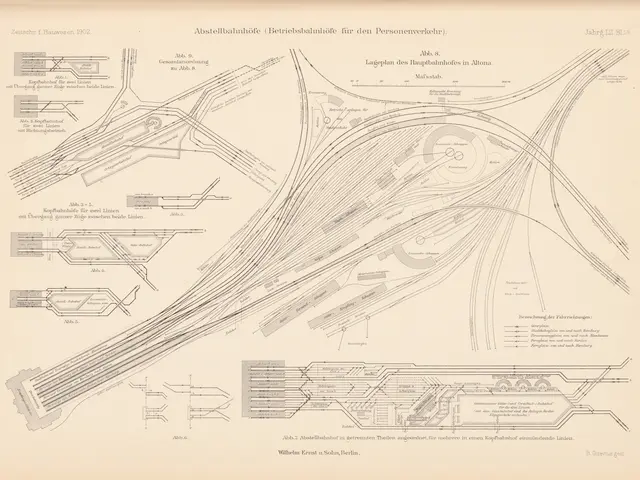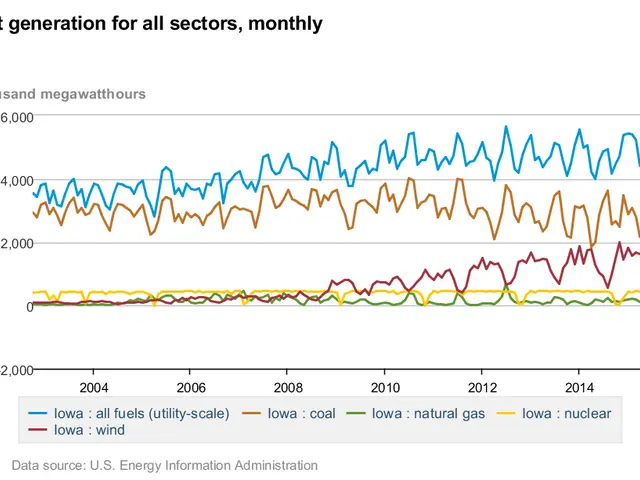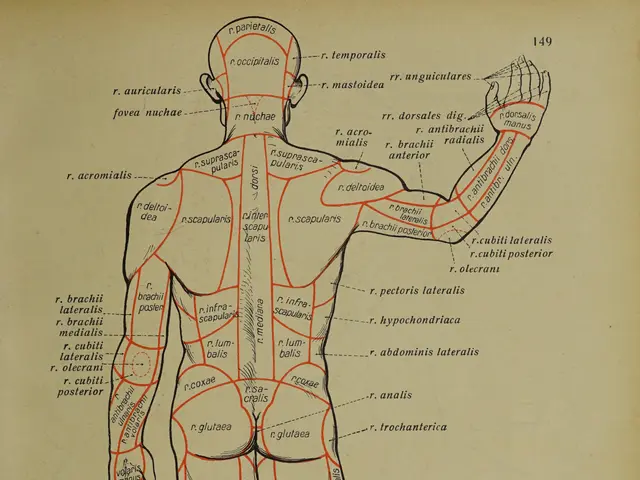NLRB: Safeguarding U.S. Employees' Rights Since 1935
The National Labor Relations Board (NLRB) plays a crucial role in safeguarding employees' rights in the United States. Established by the National Labor Relations Act of 1935, also known as the Wagner Act, the NLRB ensures fair labor practices and protects employees' right to unionize and engage in collective bargaining.
The NLRB's responsibilities are wide-ranging. It enforces employees' rights to discuss wages, benefits, and working conditions with coworkers, take action with coworkers to improve these aspects, and engage in collective bargaining. Additionally, it oversees the union election process, ensuring it is fair and free from coercion. The NLRB also investigates and adjudicates disputes between labor and management, safeguarding the rights of both parties.
Understanding the NLRB's function is vital for HR professionals. They must ensure compliance with labor laws and foster positive employee relations. The NLRB's work is not limited to the US; in Germany, the Federal Ministry of Labour and Social Affairs (Bundesministerium für Arbeit und Soziales) oversees similar responsibilities, protecting employees' self-organizing rights and labor law matters.
The NLRB, established by the NLRA of 1935, continues to protect and enforce employees' rights in the US. Its work is mirrored in Germany by the Federal Ministry of Labour and Social Affairs. Both entities ensure fair labor practices, fostering positive employee relations and balanced labor-management dynamics.





